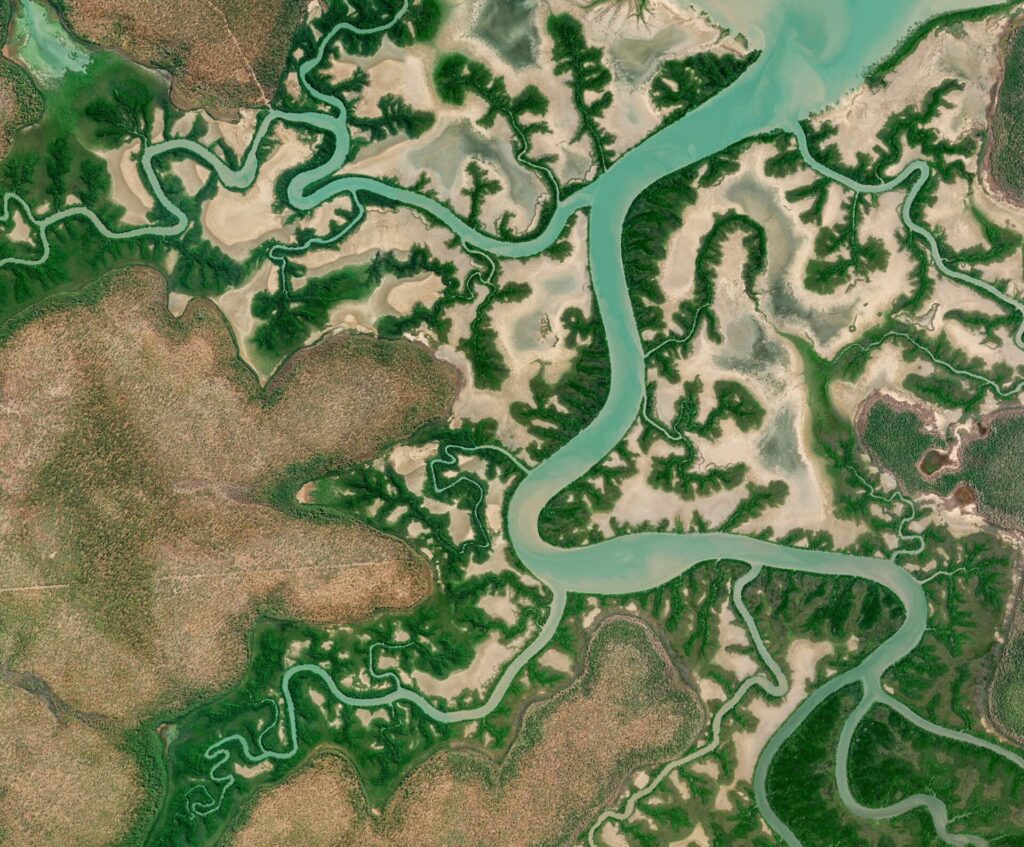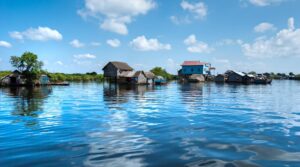Water in the Nationally Determined Contributions: Increasing Ambition for the Future
SIWI, through the support of the UNDP-SIWI Water Governance Facility and GIZ, prepared a review on how the inclusion of water has evolved within Nationally Determined Contributions (NDCs), with key trends, gaps, and recommendations.

Water is the thread that connects climate change vulnerabilities and responses when it comes to both climate mitigation and adaptation and the report was intended to evaluate whether this central understanding about water and water-related activities is reflected in the most recent iteration of the NDCs, which were lodged mainly in 2021 and 2022.
A total of 114 NDCs from non-Annex 1 countries, comprising mainly low- and middle-income countries, whose NDCs were published between 1 January 2019 and 4 January 2022, were evaluated. Such an analysis is useful for policy makers and donors to address areas of concern or gaps within NDCs and support implementation efforts of partner countries during the next round of updates made by parties to the Paris Agreement. The report was initially prepared as an internal report to aid GIZ processes, but with their permission it has included in this publication.
Key insights
Approximately 85 per cent of assessed NDCs included more measures and details about potential water-related climate impacts and vulnerabilities, and included water measures across a wider range of sectors in the adaptation sections compared with the first iteration.
There was an increased inclusion of measures that support water resource management, such as integrated water resource management (IWRM); basin or catchment planning; water, hygiene and sanitation (WASH) activities; and investment in water capacity development.
The quantity and quality of water-related content in the NDCs across most regions collectively improved with respect to both breadth and depth of waterrelated content, with the Latin American and the Caribbean (LAC) and SubSaharan Africa (SSA) regions both standing out in this regard.
However, while there was an increase in the overall number of measures, very few specific water-related targets were included in most NDCs and there was a lack of baseline data to assess the strength of many commitments.
The report includes several recommendations that will support increased ambition during the next period of NDC development. These include:
- Better accounting for the role of water in mitigation activities and planning.
- Providing more detail on baseline conditions and increasing the use of quantitative targets and measures.
- Better integrating water commitments within and across sectors nationally and regionally, including trade-offs between different water uses, and integrating with other global processes including those supporting SDGs.
- Further work on understanding and detailing the linkages between water quality, freshwater ecosystems, and climate change, whether in terms of adaptation or mitigation
- Better detailing of the connections between country impacts and vulnerabilities, and the measures included within an NDC.
It is noted that few of these recommendations address issues that are unique or specific to water but given the central role of water in adaptation and mitigation they will provide the basis for more ambitious NDCS.
